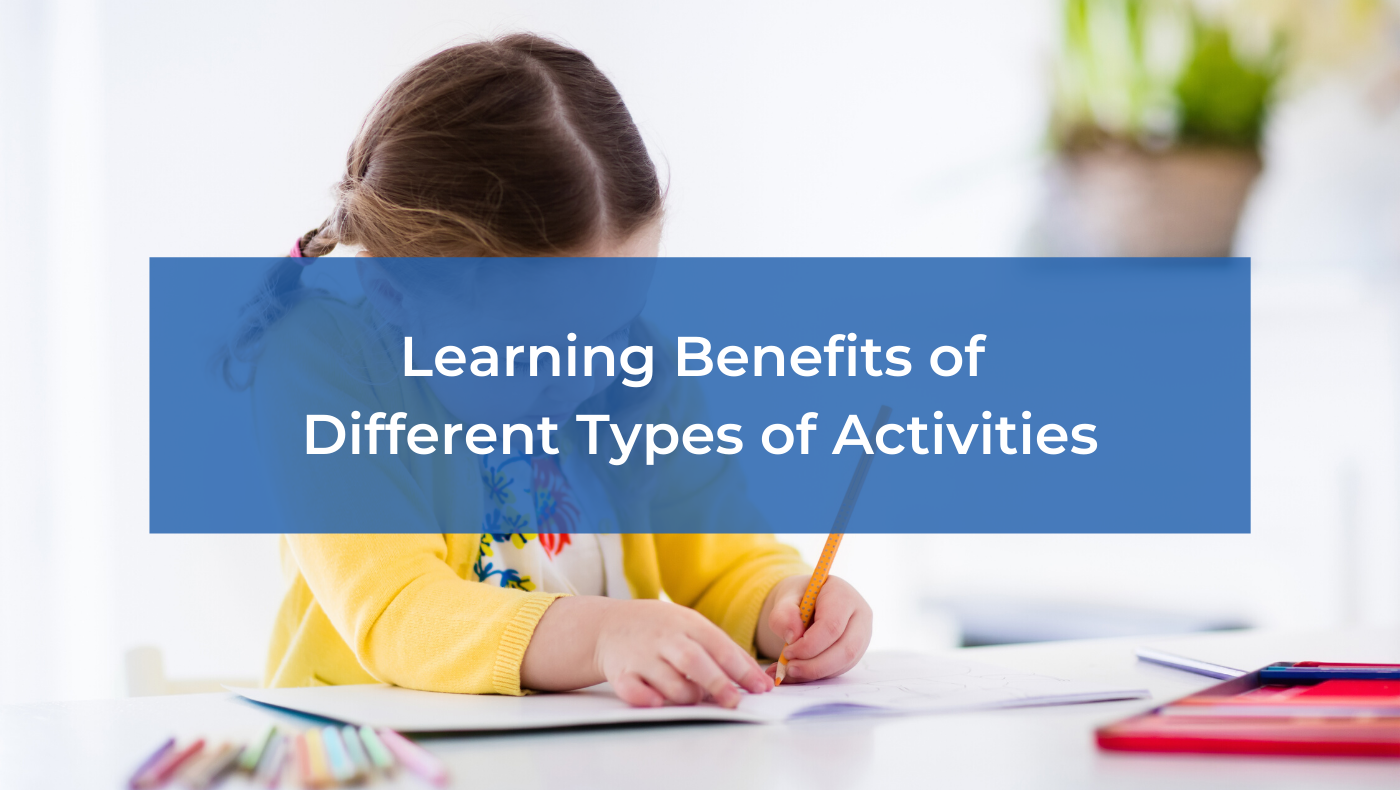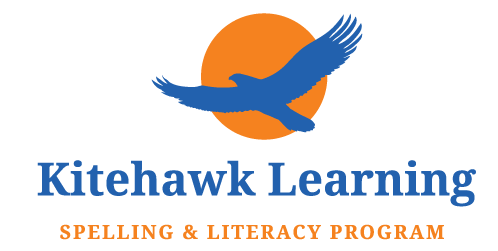
The Kitehawk Program has a basic set of Activities in all 5 Programs. These activities increase in complexity as students progress through the program.
The Activities all have a teaching and learning purpose, and relate to the List Words where possible. The repetition, or practise, involved in writing and better understanding these words, helps to remember the spelling. The skills developed by the Activities are designed to help students learn independently.
Students should be encouraged to use a dictionary when completing all Programs, particularly in Programs 3, 4 and 5. The development of dictionary skills, and the habit of using a dictionary where a word is not known or its meaning uncertain, help improve literacy.
The Oxford Australian School Dictionary has most of the answers required. The Oxford Dictionary has Latin & Greek roots, which are not in the Macquarie Dictionary (Young Students).
Grammar Activities
The Grammar Activities explore basic grammar – parts of speech, phrases, punctuation and editing. These skills are required to better understand the structure of English and to improve writing.
Missing Word Activities
The Missing Word Activities reinforce the learning of list words used in context in a sentence.
Small Words Activities
Identifying small words within list words reinforces the learning of those list words. Using this technique on longer words can help students learn their spelling.
Blend Activities
The Blend Activities systematically look at the many blends or consonant cluster found in the English language. The Activities reinforce the learning of skills needed to learn to spell words independently. When reviewing the answers to these Activities, encourage the students to suggest other words that start or end with these blends and write them on the board.
Rhyming Word Activities
These Activities require the student to find list words that rhyme with nominated words. These Activities reinforce the spelling of list words but, more importantly they explore the many ways of writing long vowel sounds.
The rhymes can be open, where they end in the same vowel sound, or closed where they end with the same vowel sound and same end consonant – both in the same syllable. (e.g., open: blue – flew closed: sweet – wheat).
Rhyming exercises explore the many different ways the same long vowel can be spelled. Using the correct long vowel sound spelling in English is a difficult area to master.
Rhyming Words Activities develop thinking and problem solving skills, by focusing on the last vowel sound, or vowel consonant sound. And thinking about the different letter combinations that make the same long vowel sounds.
Changing Words Activities
The Changing Words Activities not only develop spelling skills, but also develop problem solving skills. They can also teach students to carefully read questions. A question can ask to change a vowel, or a consonant or a letter, in order to make a List Word. Failure to read the question often lead to getting the wrong answer. Students also learn short cuts. If asked to change a vowel, then they learn the consonant stays the same and can search for words with that consonant.
Prefix & Suffix Activities
The Prefix and Suffix Activities explore various prefixes and suffixes. They also reinforces the learning of list words and their related words.
Compound Word Activities
The Compound Word Activities use words linked to list words. This repeats the spelling of list words in word building and vocabulary Activities. Students should be encouraged to use a dictionary, when completing these Activities in Programs 3, 4 and 5. The development of dictionary skills and the habit of using a dictionary where a word is not known or its meaning uncertain, are needed to improve literacy.
Word Building Activities
The Word Building Activities seek the base or root list word, from which the given word is built.
Dictionary Skills Activities
The Dictionary Skills Activities reinforce the learning of list words and help to develop dictionary skills needed to learn to spell and research words – skills also needed to learn independently.
Synonym and Antonym Activities
The Synonym and Antonym Activities are potent vocabulary building activities, as well as providing an opportunity to practice the spelling of list words.
Homophone Activities
The Homophone Activities are explored through selected list words to learn the various spellings and meanings of homophones. Homophones are always a difficult part of the English language to master. In the Activities the student must study the context of the sentence to make the correct homophone choices.
Word Chain Activities
Word Chain Activities develop problem-solving skills. These Activities involve thinking about the correct spelling of many common words. There are techniques that can be learned to helps solve the chain. The student learns how to imagine new words by changing one of the four letters of the next word.
For example:
b o a t
c o a t
c o l t
c o l d
Working backwards from the last word often help solve the chain. This is an effective way of developing the brain, to picture words that are possible solutions
